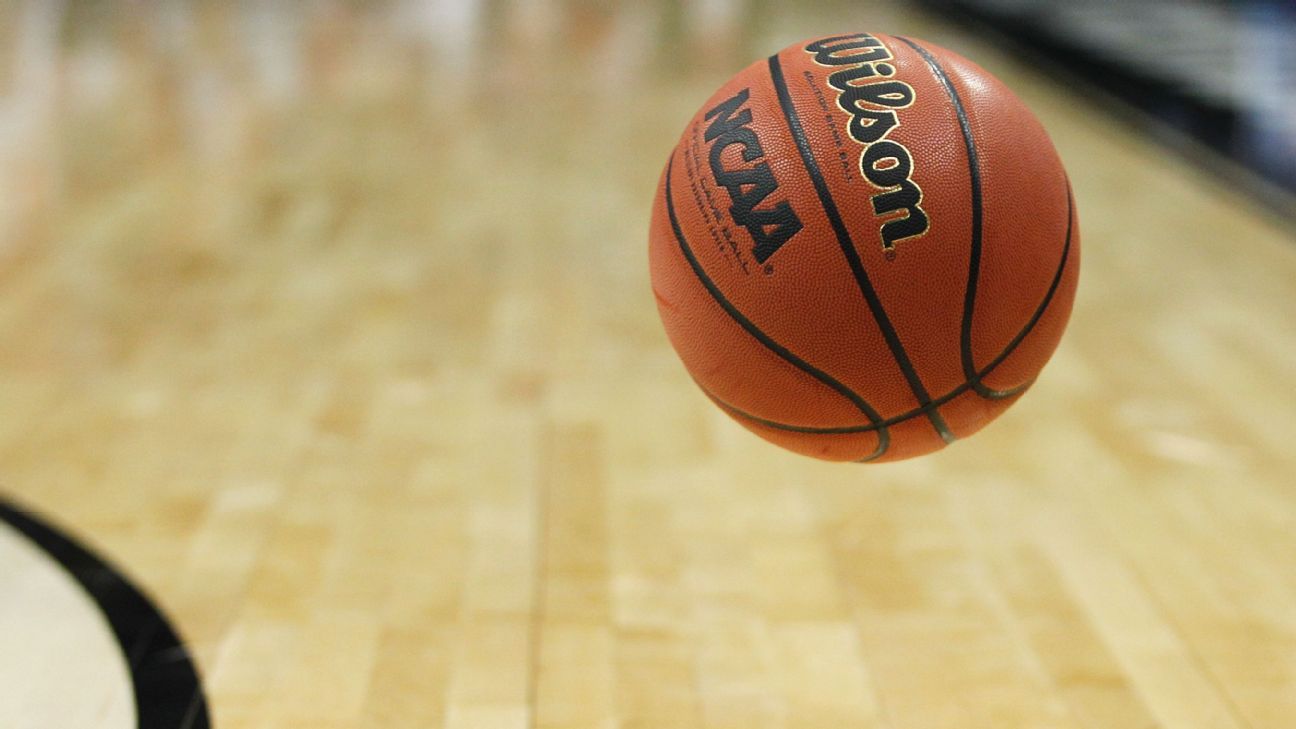The NCAA enforcement staff is in the process of alleging violations of sports betting rules and/or related failure-to-cooperate violations for 13 former men’s basketball student-athletes who competed at six schools at the time the conduct in question occurred. While the facts and alleged behaviors in each case vary, they include student-athletes betting on and against their own teams, sharing information with third parties for purposes of sports betting, knowingly manipulating scoring or game outcomes and/or refusing to participate in the enforcement staff’s investigation.
The NCAA Committee on Infractions already has resolved three similar cases, concluding that three men’s basketball student-athletes violated sports betting rules and manipulated game outcomes.
While a number of schools have been identified in media reporting, current ongoing cases include student-athletes formerly associated with Eastern Michigan, Temple, Arizona State, New Orleans, North Carolina A&T and Mississippi Valley. Additional cases are in various stages of the investigation process.
As with the previously resolved cases, the schools and respective school staffs in the ongoing cases are not alleged to have been involved in the violations by student-athletes, and the enforcement staff is not seeking penalties for the schools themselves for the student-athletes’ conduct.
The NCAA is releasing this information at this point in the process because of the extensive public reporting regarding these cases. The NCAA will not publicly name the involved student-athletes until the infractions process has concluded. None of them are enrolled at their previous NCAA schools.
“The NCAA monitors over 22,000 contests every year and will continue to aggressively pursue competition integrity risks such as these,” NCAA President Charlie Baker said. “I am grateful for the NCAA enforcement team’s relentless work and for the schools’ cooperation in these matters. The rise of sports betting is creating more opportunity for athletes across sports to engage in this unacceptable behavior, and while legalized sports betting is here to stay, regulators and gaming companies can do more to reduce these integrity risks by eliminating prop bets and giving sports leagues a seat at the table when setting policies.”
Through the NCAA’s extensive integrity monitoring program and network of sources, the enforcement staff became aware of unusual betting activities around regular-season games played by these teams. The enforcement staff followed up on those reports and substantiated — in some cases, via text messages, direct messages on social media platforms and other material evidence — that violations had occurred.
The NCAA uses a layered strategy to reduce risks relating to the rise in sports betting by monitoring contests, advocating for betting market limitations on high-risk bets, reducing the potential for student-athlete abuse by aggrieved bettors and creating greater transparency to assist with the timely investigation and resolution of integrity-related issues.
In March, the NCAA announced an extension of its gambling harm education program collaboration with EPIC Global Solutions. The sessions, which are free to NCAA schools, have played a crucial role in the NCAA’s efforts to educate student-athletes about the dangers of sports betting since January 2022. To date, more than 100,000 student-athletes, coaches and administrators have been reached by the EPIC collaboration, making it the largest program of its kind globally.
In March 2024, the NCAA launched its Draw the Line campaign, which prioritizes student-athlete education while also addressing responsible gambling for all who consume and participate in college sports. As part of that education effort, the NCAA created a membership toolkit with resources for member schools and conferences to engage in sports betting education and prevention efforts more locally on their campuses.
Current NCAA rules do not allow student-athletes or school, conference or national office staff to engage in sports betting at any level (professional or college) for any sports that have NCAA championships. In 2023, NCAA members changed the reinstatement guidelines for student-athletes who participate in sports betting to focus on harm reduction for problematic betting behaviors, but NCAA members have maintained that any betting by a student-athlete on his or her own team should continue to result in a permanent loss of any remaining collegiate eligibility.
In April, the Division I Board of Directors instructed the Division I Council — now the Division I Administrative Committee — to consider changes to sports betting rules for professional sports, but if adopted, those changes are not expected to impact rules or penalties for betting on collegiate sports. The administrative committee could consider those changes during its October meeting. Even if approved, no changes to sports betting rules can be made without the agreement of all three NCAA divisions.
Source link


